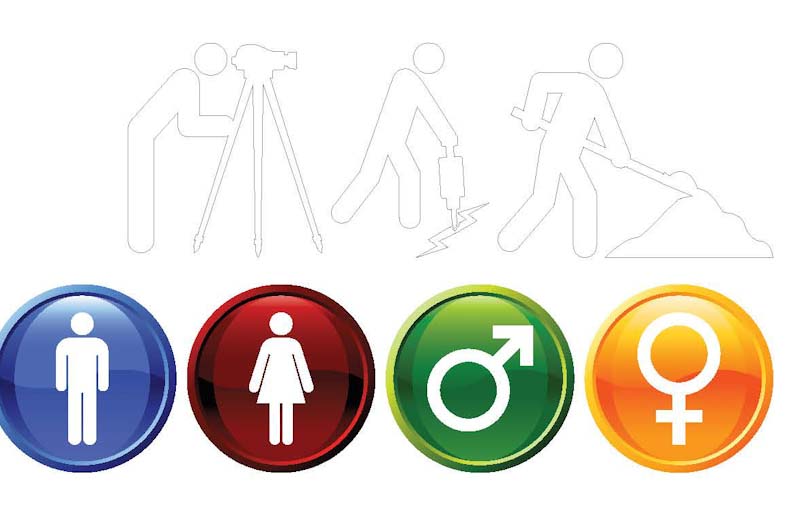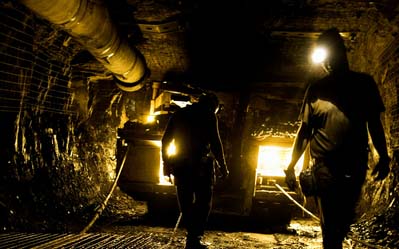The Australian Treasurer, Dr Jim Chalmers is receiving good media attention for his thoughts on a “well-being budget”. This newsworthiness has been helped by American economist Joseph Stiglitz being on an Australian speaking tour at the same time. Stiglitz strongly advocates using socioeconomic measures to complement traditional economic measures. Well-being budgets shift how governments view policies, programs and strategies in a similar ideological fashion to how we should consider safety differently. The occupational context of well-being is well-established, but this new approach to measurement may challenge those established well-being programs.
Australia is not ignorant of the well-being budgets. It is not something created by Chalmers or just imported from New Zealand.







